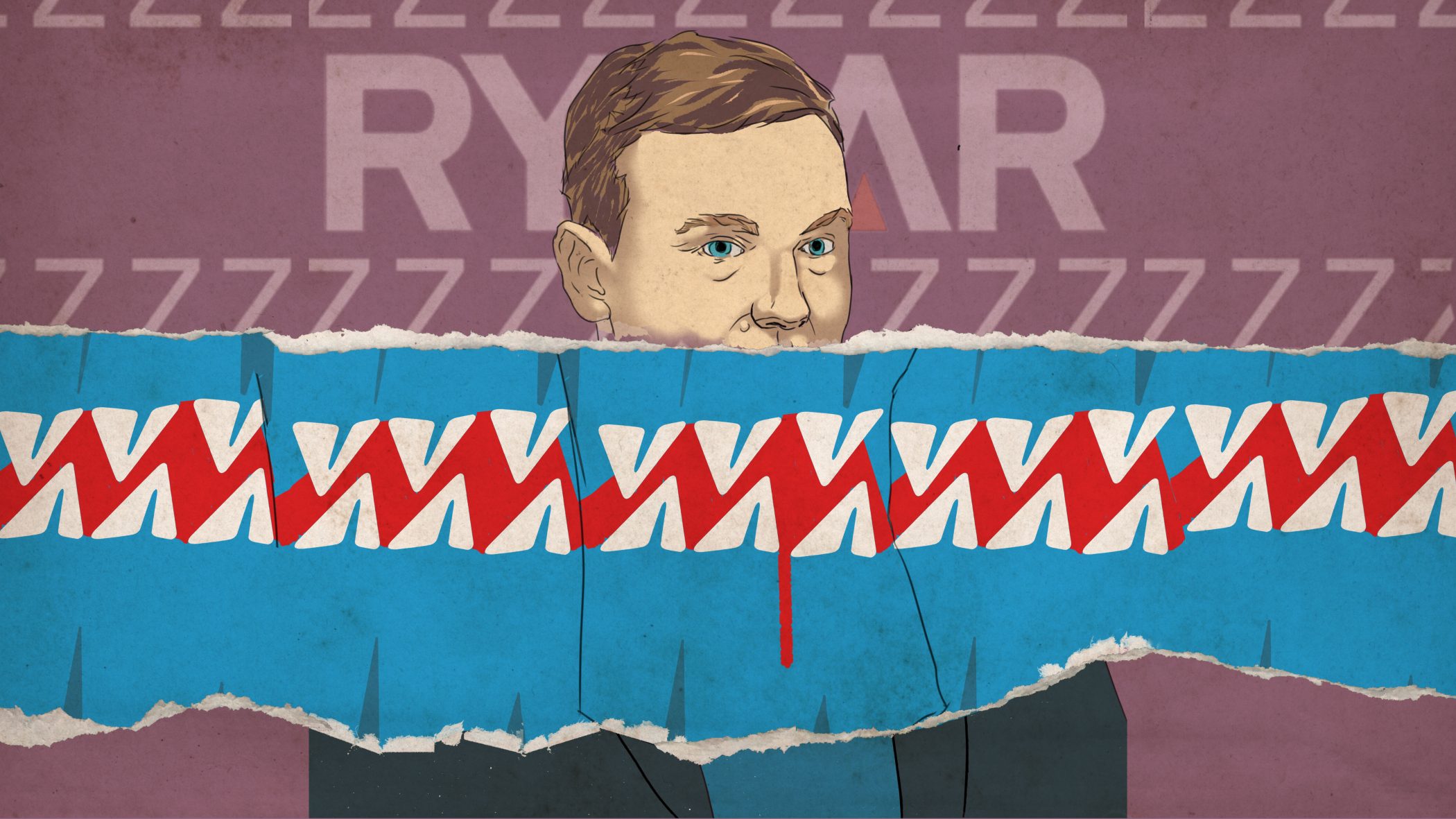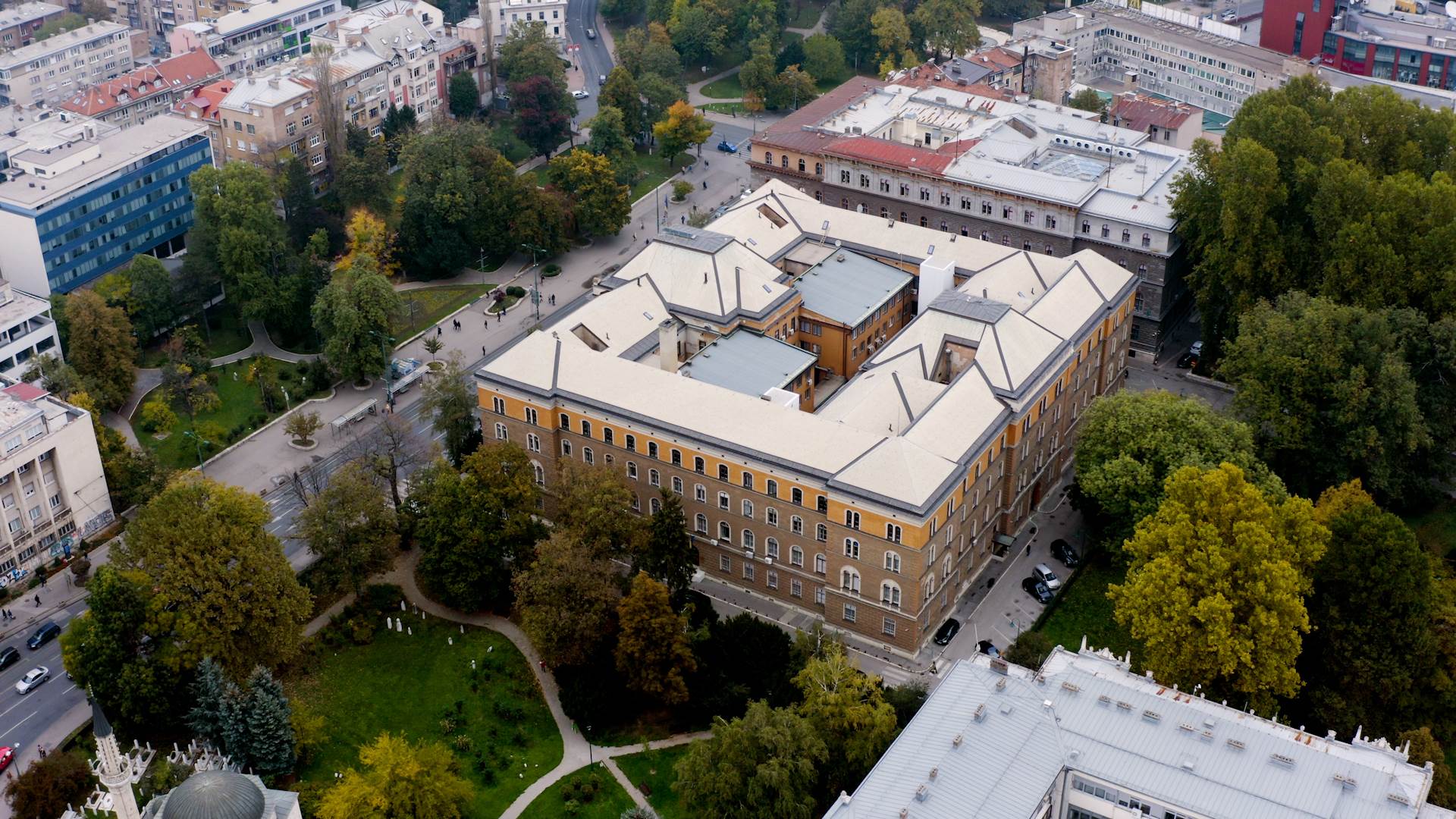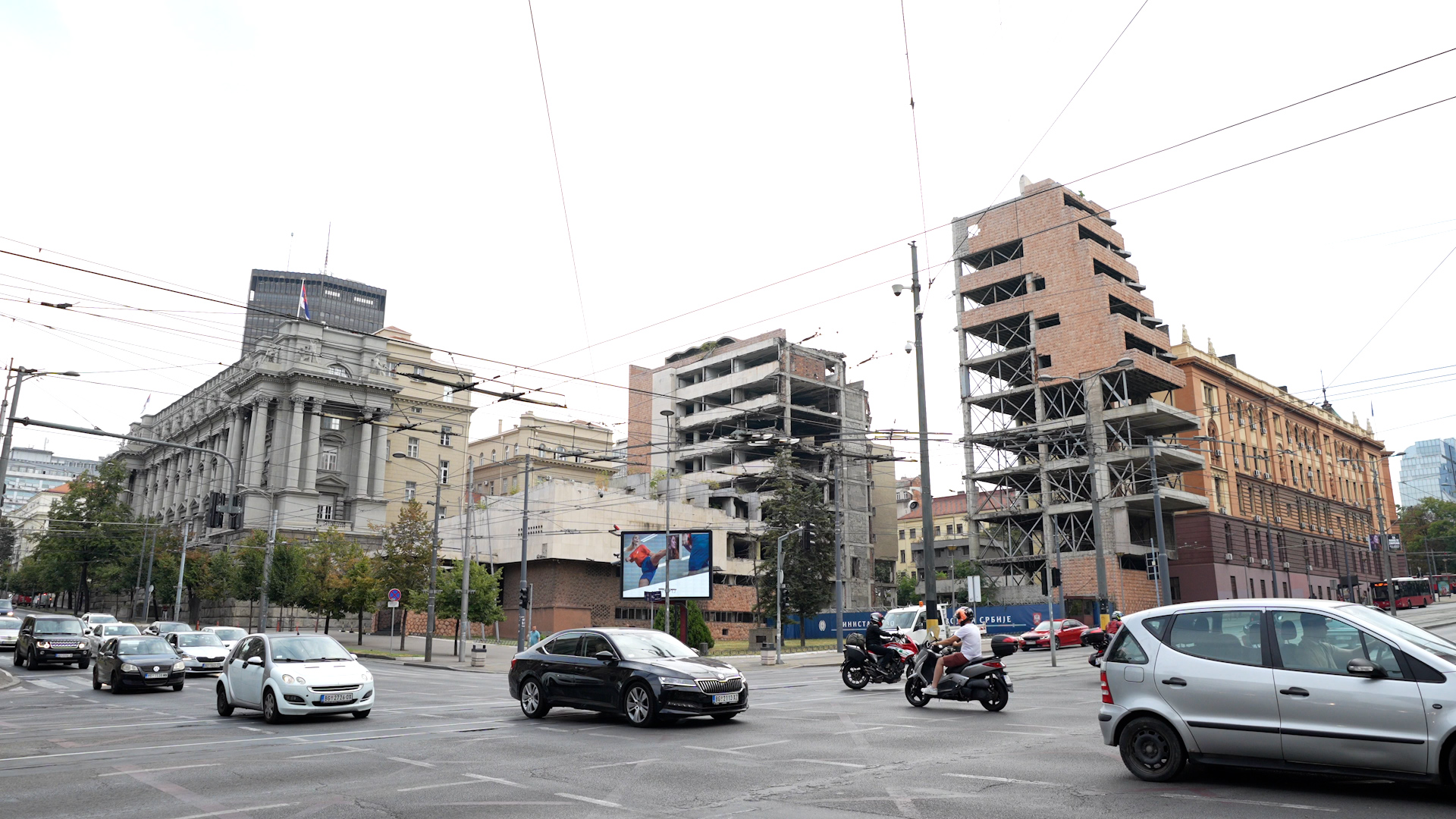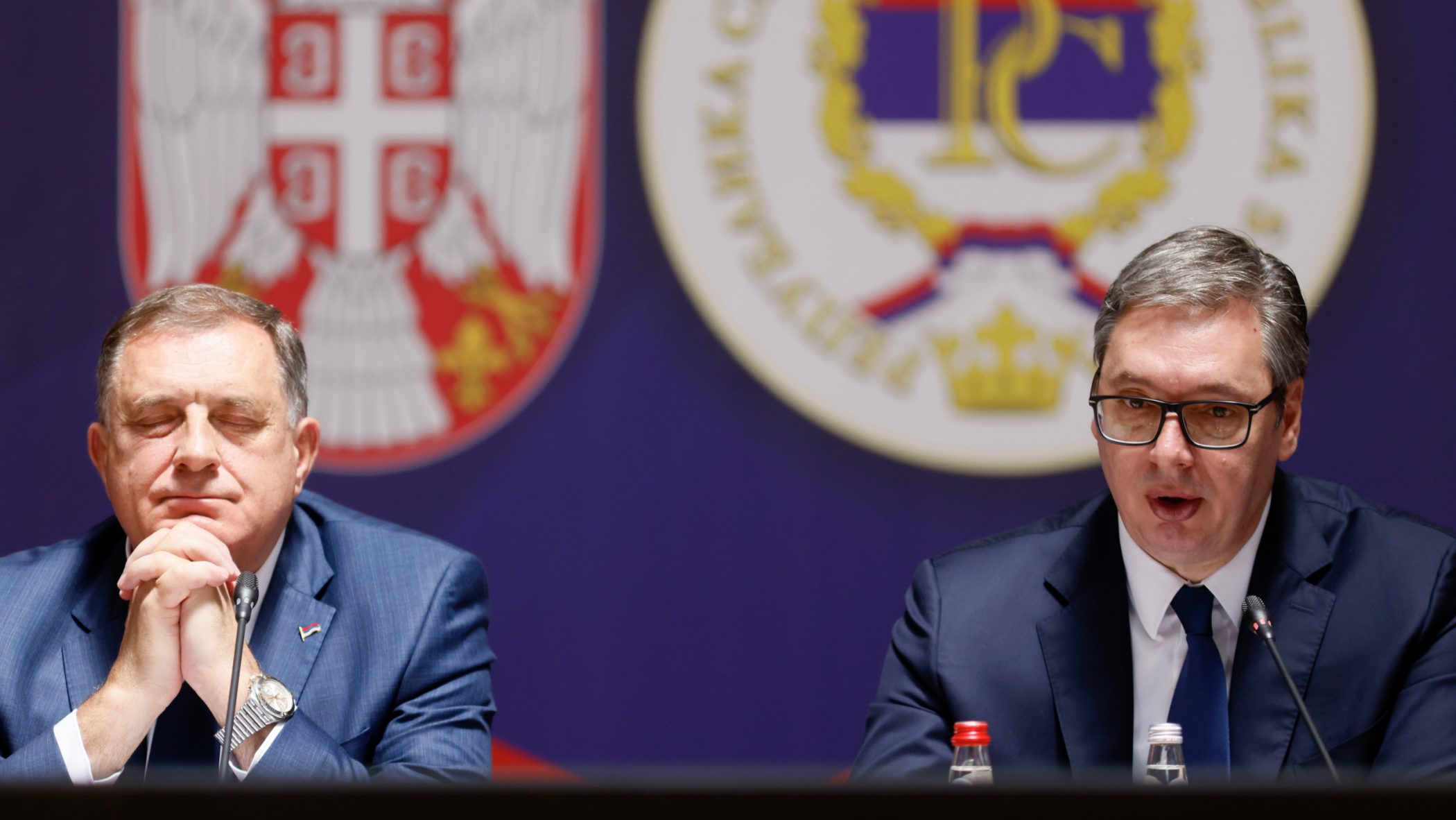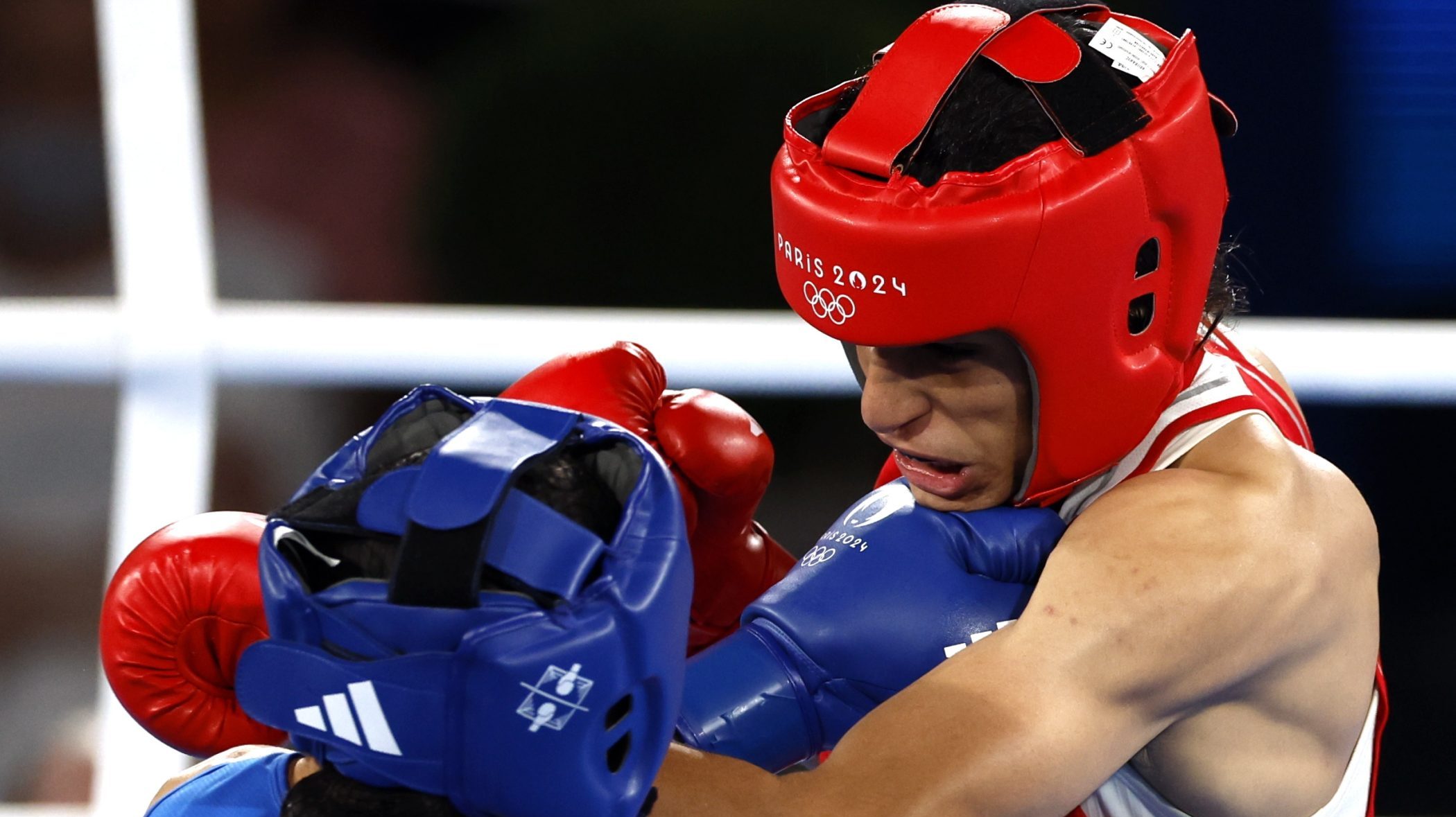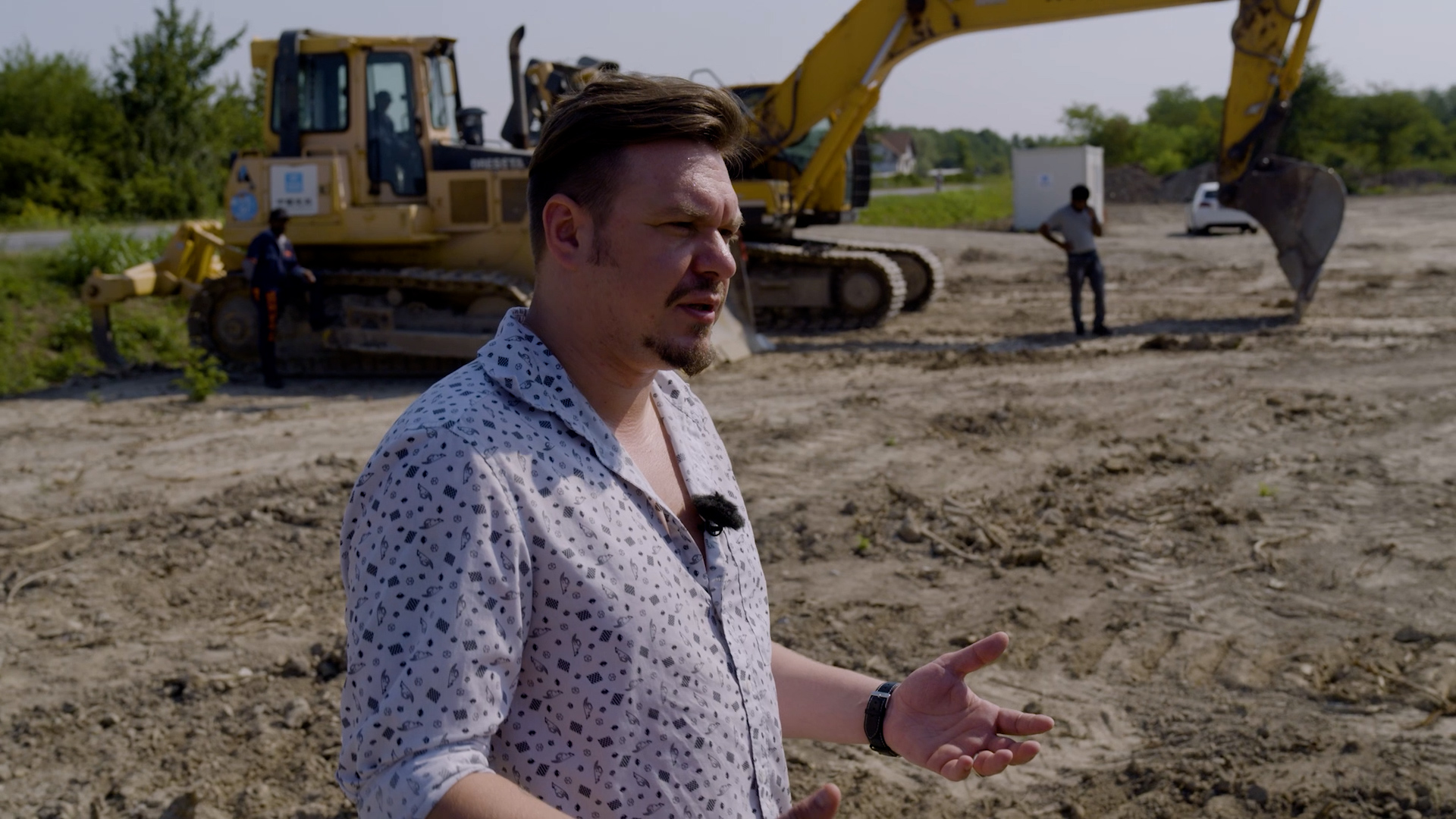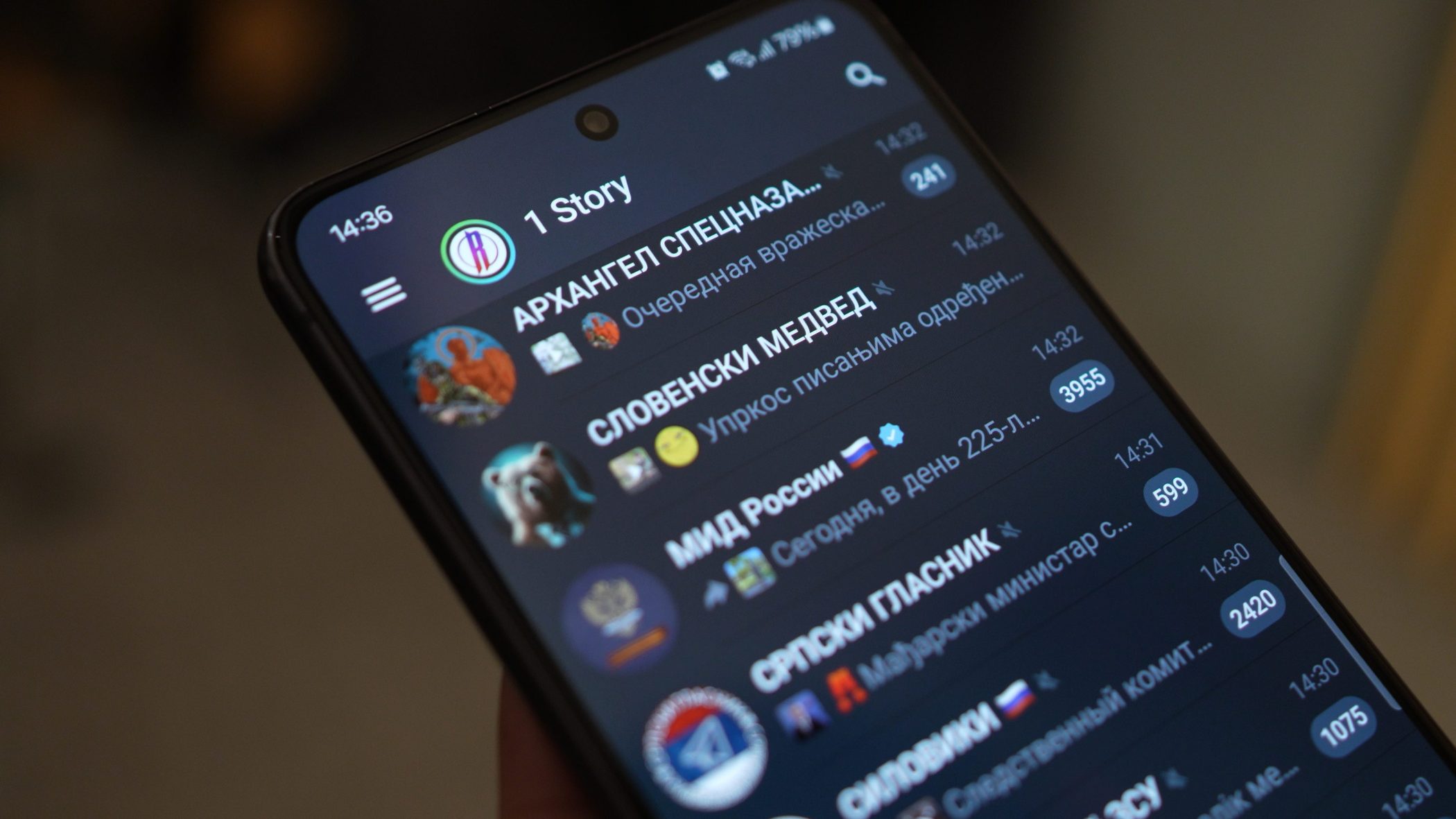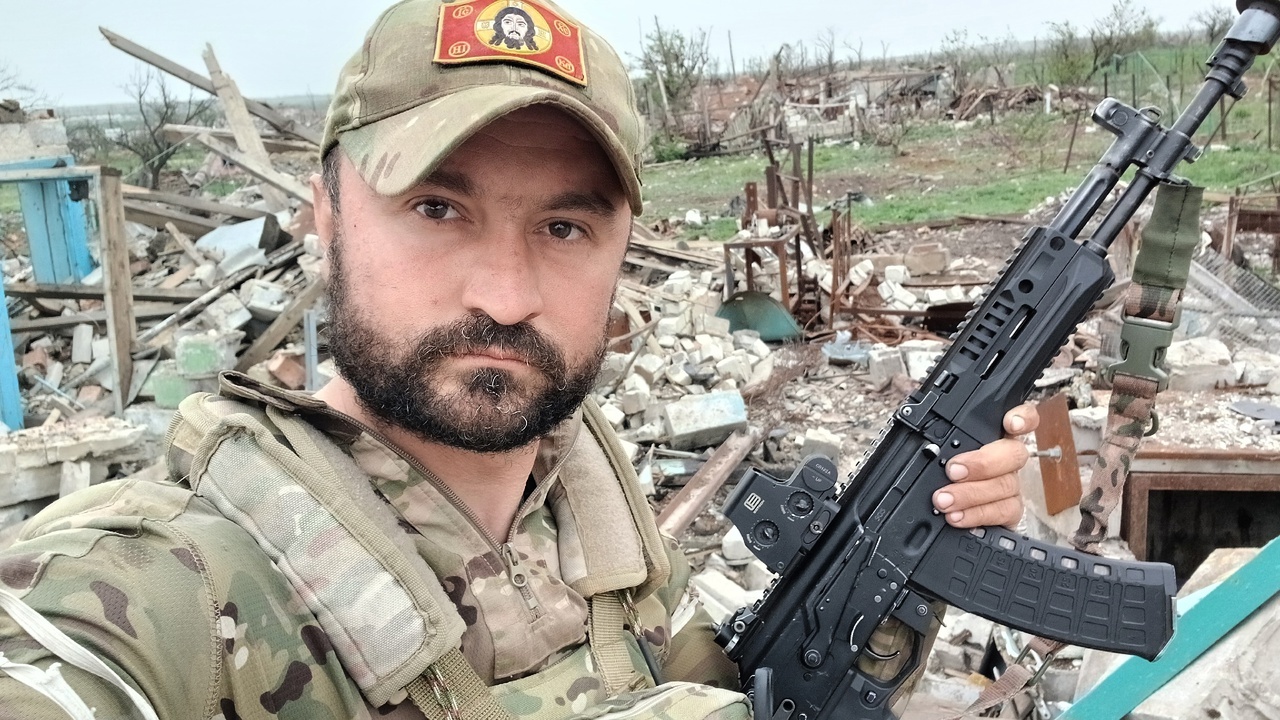Revelations that a government agency in Republika Srpska has agreed to open a ‘media school’ with an EU-sanctioned Russian propaganda tool shows Moscow is upping its information warfare in the...
Security agencies’ responses to a series of false bomb scares in Bosnia and Herzegovina have highlighted a general unpreparedness to address new security challenges and threats - suggesting that the...
This month, we’ll be explaining Milorad Dodik’s hopeful efforts to rid himself of American sanctions and extend his political life, but also his promises that Republika Srpska will secede.
With help from Serbian President Aleksandar Vucic, Republika Srpska leader Milorad Dodik has been building international with right-wing and pro-Russian politicians worldwide. Now right-wing triumphs in several European elections have...
Immediately after the closing of the Olympic Games in Paris, where Algerian boxer Imane Khelif won a gold medal, she filed a legal complaint to a Paris court against social...
Two years have passed since the Republika Srpska authorities officially announced the construction of a highway from Modrica to Brcko in the near future.
Educating citizens about the sharing of data on the Internet, where gender-based violence, disinformation and other harmful narratives abound, is a necessity, BIRN’s Internet Freedom Meet conference in Skopje heard.
More than half a million people follow pro-Russian Telegram channels covering the Balkans in Serbian and Russian languages. Followers are being urged to donate military equipment to Russia and join...
This month, we bring you the story of how we discovered the identity of a man from the town of Modrica who, despite a legal ban, went to fight for...
